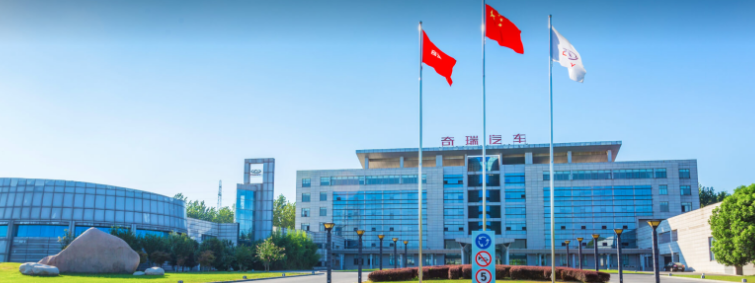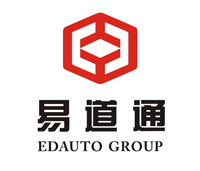Chinese automakers are stepping up their investments in South Africa’s booming automotive industry as they move towards a greener future.
This comes after South African President Cyril Ramaphosa signed a new law aimed at reducing taxes on the production of new energy vehicles.
The bill introduces a dramatic 150% tax cut for companies that invest in the production of electric and hydrogen-powered vehicles in the country. This move not only fits in with the global trend towards sustainable transportation, but also positions South Africa as a key player in the international automotive sector.

Mike Mabasa, CEO of the South African Automobile Manufacturers Association (NAAMSA), confirmed that three Chinese automakers have signed confidentiality agreements with the South African Automotive Business Council, but he refused to reveal the identities of the manufacturers. Mabasa expressed optimism about the future of the South African automotive industry, saying: "With the active support of South African government policies, the South African automotive industry will attract and retain new investment." This sentiment highlights the potential for cooperation between South Africa and Chinese manufacturers, which could significantly increase local production capacity.
Competitional Landscape and Strategic advantages
In the highly competitive South African market, Chinese automakers such as Chery Automobile and Great Wall Motor are competing for market share with established global players such as Toyota Motor and Volkswagen Group.
The Chinese government has been actively encouraging its automakers to invest in South Africa, a point highlighted by Chinese Ambassador to South Africa Wu Peng in a December 2024 speech. Such encouragement is crucial, especially as the global auto industry shifts to electric and hydrogen-powered vehicles, which are seen as the future of transportation.
However, South Africa’s transition to electric vehicles (EVs) is not without its challenges.
Mikel Mabasa noted that while the adoption of EVs in developed markets such as the EU and the US has been slower than expected, South Africa must start producing these vehicles to remain competitive. This sentiment was echoed by Mike Whitfield, head of Stellantis Sub-Saharan Africa, who stressed the need for additional investment in infrastructure, particularly charging stations, and the development of a strong supply chain that can tap into southern Africa’s rich mineral resources.
Building a sustainable future together
The South African automotive industry is at a crossroads, with huge potential for the production of electric and hydrogen-powered vehicles. South Africa is rich in natural resources and is the world's largest producer of manganese and nickel ores. It also has rare earth minerals necessary for electric vehicle batteries.
In addition, the country also has the largest platinum mine, which can be used to manufacture fuel cells for hydrogen-powered vehicles. These resources provide South Africa with a unique opportunity to become a leader in the production of new energy vehicles.
Despite these advantages, Mikel Mabasa warned that the South African government must provide continued policy support to ensure the survival of the industry. "If the South African government does not provide policy support, the South African automotive industry will die," he warned. This highlights the urgent need for a collaborative approach between the government and the private sector to create an environment conducive to investment and innovation.
Electric vehicles have many advantages, including short charging time and low maintenance costs, making them ideal for daily transportation. In contrast, hydrogen fuel cell vehicles excel in long-distance travel and heavy-load transportation scenarios due to their long driving range and fast refueling. As the world increasingly turns to sustainable transportation solutions, the integration of electric and hydrogen technologies is essential to creating a comprehensive and efficient automotive ecosystem.
In conclusion, the collaboration between Chinese automakers and the South African automotive industry represents a critical moment in the global transition to new energy vehicles.
As countries around the world recognize the importance of sustainable transportation, they must strengthen their partnership with China to promote innovation and create a greener, pollution-free world.
The formation of a new energy world is not just a possibility; it is an inevitable trend that requires collective action and cooperation. Together, we can pave a sustainable future and a greener planet for future generations.
Email:edautogroup@hotmail.com
Phone / WhatsApp:+8613299020000
Post time: Jan-09-2025


